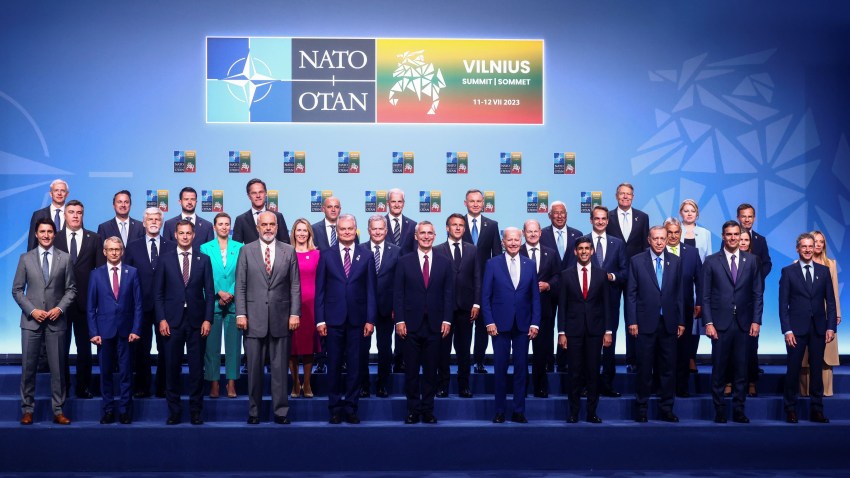With NATO leaders gathering today in Vilnius, Lithuania, for the alliance’s yearly summit, we can expect to hear a familiar tune: Europe will acknowledge the world’s changed geopolitical landscape; the United States will reaffirm its ironclad commitment to European security; and both will sing the song of trans-Atlantic unity and equitable burden-sharing.
As part of this well-worn score, the European allies are expected to once again pledge to spend at least 2 percent of their gross domestic product on defense. But instead of repeating a decade-old promise, the alliance’s priority should be to address the reason why Europeans have still not stepped up decisively. While European defense spending is on the rise, most European allies still come up short. Europe’s munitions stockpiles are running almost empty, and the war in Ukraine has left Europe more, not less, dependent on the United States.
Obviously, something is amiss. What if the problem is not the musicians playing this familiar tune, but the score itself?

